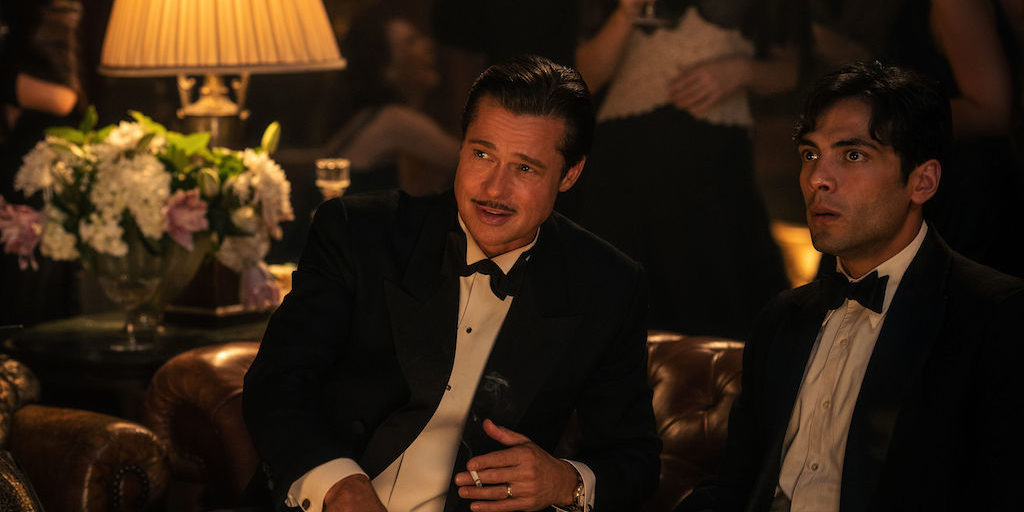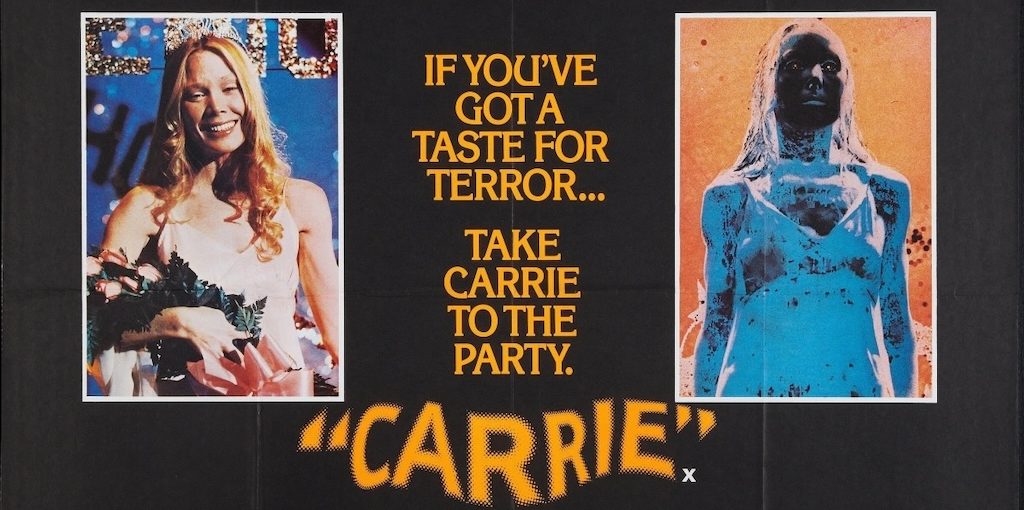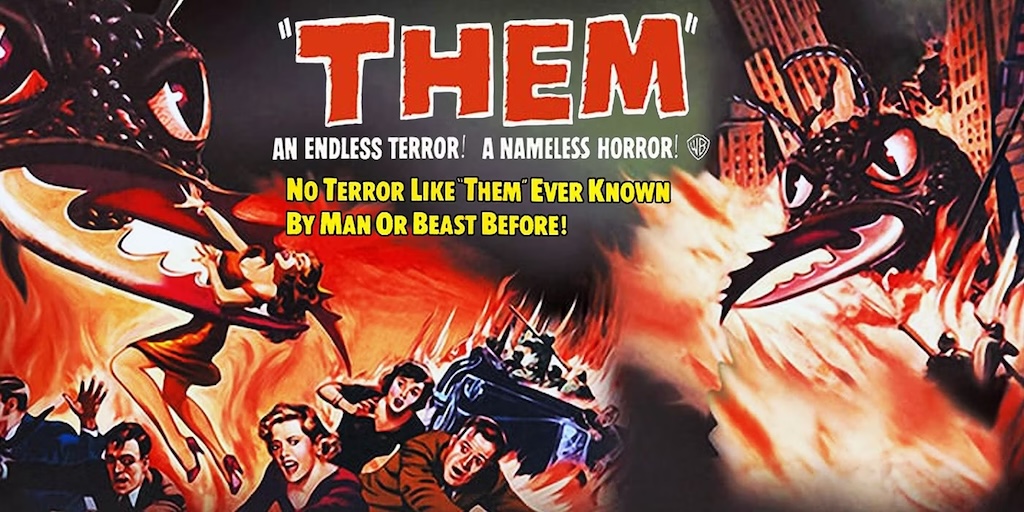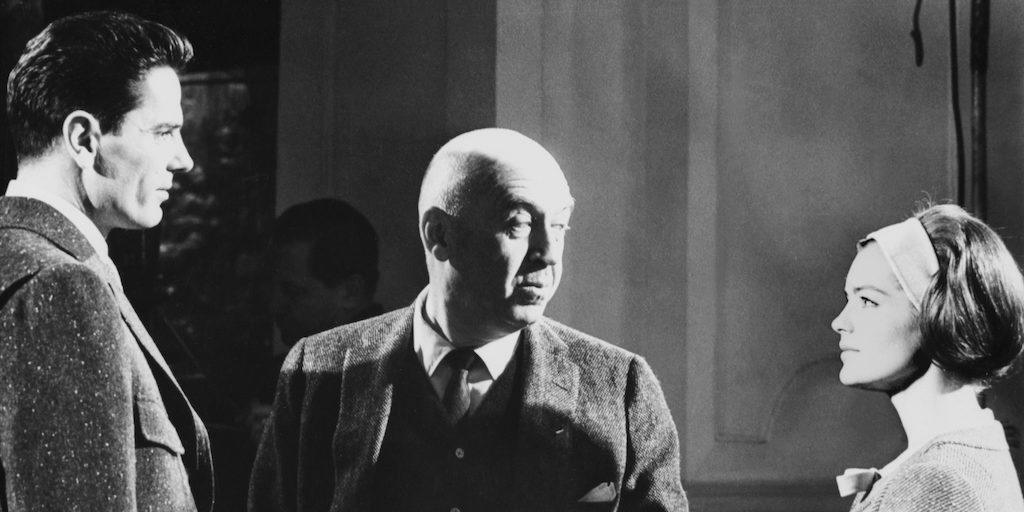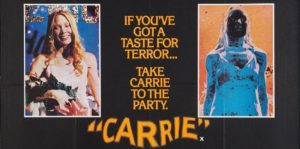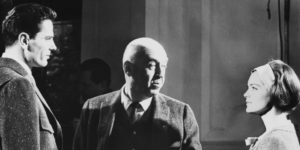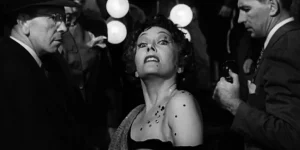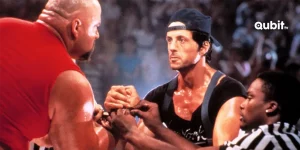WILD INNOCENCE
Damien Chazelle is a director with ambition, a filmmaker with a world of his own and a strong vision. The opposite to the almost impersonal discretion of Spielberg and his Ford appearing in The Fabelmans talking to him about framing and the vanishing point. So it happens that both, Babylon and The Fabelmans, talk about cinema, as it becomes more common in Hollywood, perhaps because this final decomposition that the industry is going through forces some of its members to rememorize a golden age, a lost mirror in which the current American cinema would like to see themselves in. To Chazelle is inconceivable to stay, as Spielberg does, in the biographical description of a coming-of-age film, that is why Babylon is, or tries to be, so many things at the same time, many of them incompatible with each other: a portrait of the film industry, an ode to 1920’s Hollywood, a critique to the irruption of sound and the disappearance of prior freedoms, a toughening of the relationships between studios and their employees, a commentary on minorities who participated in that history. The mortar Chazelle molds to keep this irregular and unstable ensemble together is the idea of Hollywood as a permanent carnival, a bacchanal in which their participants, be it at parties or hallucinated shooting periods, sink into a frenzy until forgetting about themselves into a communion that can lead even to death.
Chazelle expects one to see the unbroken shots in Hollywood manors and immediately remember some Western force lines, especially the tradition that understands life as a grotesque hecatomb of the passions, where the reason and the mind have no more value than the nether regions of the body, where the “lowly” and the popular rule the scene and cancels any academic seriousness or fickleness. The images of frenzied dancers, people having sex, drinking or doing narcotics like crazy or those who, also worked up, try to sustain that impossible party, those images, then, have the purpose of taking over a tradition we could denominate as rabeleasian-nietzche-bajtinian. But there is no possible carnival amidst a world that has been handed over and surrounded like current Hollywood: Chazelle’s bacchanals dissolve into thin air, they are brief flashes whose true finality is a call to order, the return to the solemn and ordered kingdom of morality.
The story in Babylon is told from the eyes of Manuel, a Mexican doing whatever he can to break into Hollywood. His excursions through the land of dreams put him into contact with a gallery of characters elaborated with uneven skill: the aspiring actress portrayed by Margot Robbie is a force of nature, seductive, capable of spreading a brushfire of lust within seconds, while the retreating hunk portrayed by Brad Pitt is out of registry, as if instead of seeing the character we can only see Brad Pitt leaving every scene in a better or worse shape. The narrative ecosystem is completed with a jazz musician and an intertitle maker (we are still in the silent era). The cut made by Chazelle is clear and nowhere near innovative: silent cinema was a period of creative effervescence that set the standards of a language, perhaps one of the century’s most important, and did so thanks to the freedoms enjoyed by their pioneers since the 1910’s. That explosion of invention and expressivity, that wild innocence, says Chazelle, came down with the slow but sure introduction of sound, which led to a reorganization, both in technology and the way studios operated, and a larger surveillance of the productive process and labor discipline. As the reader might guess, it is about the same epochal conflict already covered by Singin’ in the Rain with unrepeatable grace and intelligence.
So why insist, then, on a story already known by all? Chazelle once again tells the tale, introduces the apparently brutal element of the carnival and then, he is tempted with the same gimmick he used in La La Land. To recall: La La Land had a very good first part in which the director tried, as he could and with the material he had available, to replicate the spirit of a classic musical. The scarcity of the production values did not conceal the pleasure of imitating a lost art. However, in the second half everything in the movie was structured in a summary story about misery in show business… and there were almost no songs left! Promise and betrayal: Chazelle leaves the musical and stays with the narration of the couple’s disgraces: the pain and the sadness of the separation, the uncertainty, the professional frustrations, all subjects that, at the end of the day, he dominates, or feels comfortable with, as seen in Whiplash and First Man. Babylon pulls from the same string as La La Land: there you have cinema within cinema once again, the remembrance of Hollywood’s golden age, though it is no longer about emulating an emblematic genre such as the musical but an emulation of the schism and its sequels that led, some years later, to the definitive establishment of cinema.
The carnival has an expiration date. Once Chazelle announces the tragic fate awaiting the protagonists, the primitive chaos of the beginning rapidly becomes a codified drama that signals its scenes in such a way that even the most distracted audiences are not left out, like the thousands of times Brad Pitt’s character reminds us that Cinema is high art and fights the prejudices of the period. The discharge of drama, along with the demolition of the world and its creatures, is mostly executed through Manny, the jazz musician and the intertitle maker: all three of them become obsolete; either they violently reconvert or they will be tried and persecuted. The black trumpeter is forced to put on shoe polish because the studio lights make him look white, and the intertitle maker, who is Asian and lesbian, is fired for being the latter in order to clean Robbie’s character’s public image, who by the way has her share of mistreatments, butt grabs and humiliations of all sorts. Chazelle either does not realize what he is doing or he pretends to be inattentive: a bacchanal is not possible amidst the uplifting lessons about pursuing diversity. Just as with La La Land we are betrayed once again: the promise of debauchery leaves us at the worst place imaginable, at the feet of severe morality and political correctness who stubbornly project their current defects on the past. The elephant defecating, the urination on the fat man or Robbie’s vomit are not, as the director would like, disruptive gestures that come to jeopardize the audience’s morality, but more like spasmodic movements that only reinforce the commonplaces of a universal code of ethics: Like Robbie’s protest vomiting directed at the tycoons trying to submit her, and that brings to mind the also embarrassing vomiting scene depicted in Triangle of Sadness, where the rich are also submitted to a similar degradation.
The three hours are endured with certain ease thanks to the star-like lightness of Margot Robbie, more luminous and indefinite than ever, as if her character was a happily unexpected continuation of her portrayal of Sharon Tate in Once Upon a Time in Hollywood, although without the warmth or the benevolent disposition of Tarantino who, as a genius of good, gives Tate a new fate, one that ends with the doors of a mansion opening like if they were the gates of Heaven. The reader might imagine that Chazelle is far from these grand gestures. He is far from Spielberg’s coming-of-age story that makes cinema a private passion, devoid of cinephile winks or cruel portrayals, with a stunning craft that permeates Sammy’s life and helps him to better overcome the subterranean burden of family, school or entering adulthood. Tarantino’s hopeful fable and Spielberg’s discreet biography exude a love for cinema and their characters that Chazelle’s film could not ever imagine. This supposed Babylon imposes a modest misanthropy and an opportunist revisionism to their inhabitants as their only language.
![]()
(United States, 2022)
Script, directed by: Damien Chazelle. Cast: Brad Pitt, Margot Robbie, Jean Smart, Diego Calva, Flea, Lukas Haas, Eric Roberts, Spike Jonze, Tobey Maguire. Produced by: Olivia Hamilton, Marc Platt, Mathew Plouffe. Lenght: 189 minutos.

